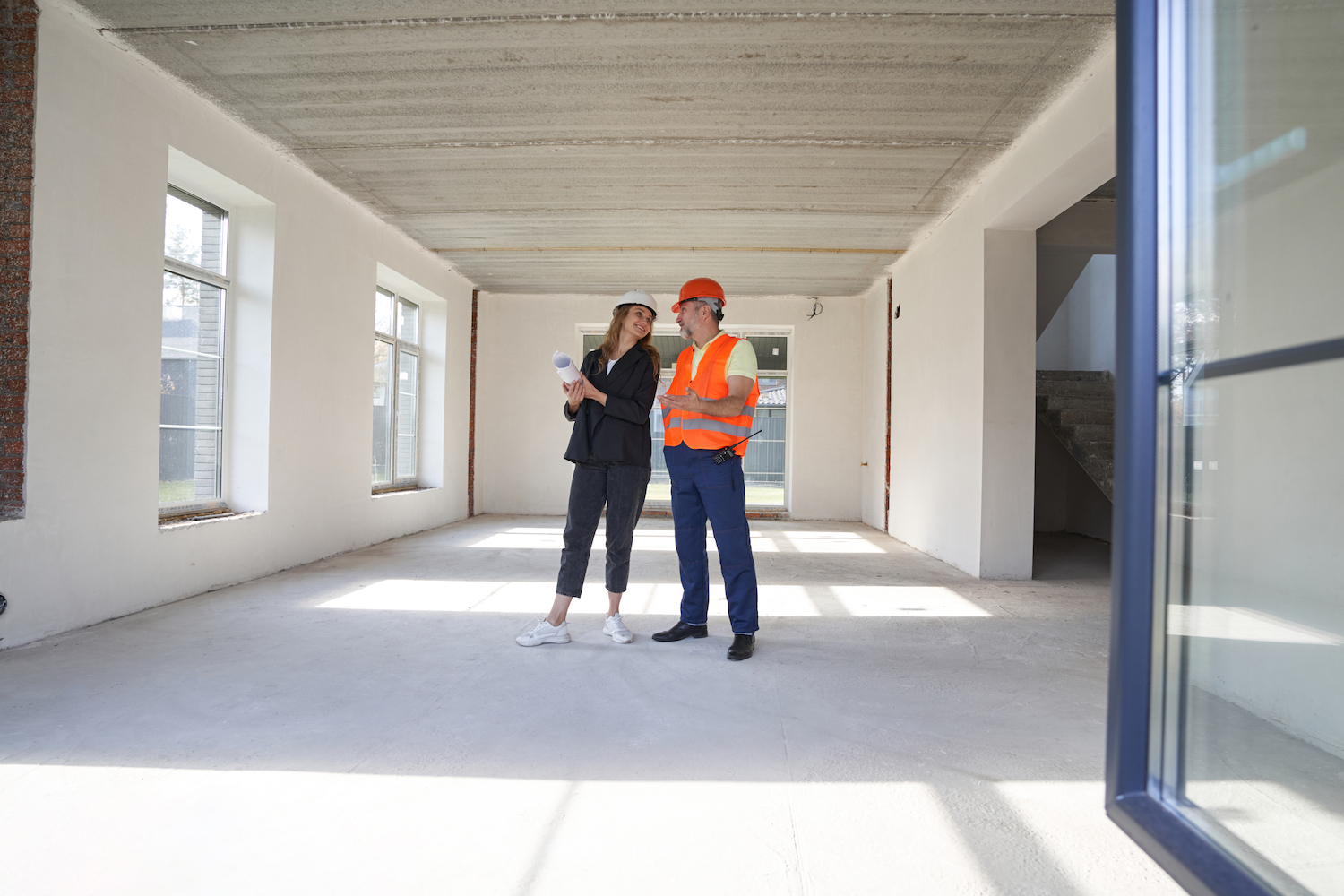Building Consultancy Solutions: Making Sure High Quality and Compliance
In today's increasingly complex building and construction landscape, the duty of structure consultancy services has come to be indispensable for ensuring top quality and compliance. These professionals browse the complex web of regulations and criteria, giving crucial support that safeguards projects from costly pitfalls. By applying robust quality guarantee procedures, they not only improve operational performance yet likewise enhance stakeholder self-confidence. Nonetheless, the industry is advancing swiftly, and arising patterns could redefine the consultancy landscape. Comprehending these shifts is critical for stakeholders intending to stay in advance in a competitive market. What effects might these changes hold for future tasks?
Relevance of Building Consultancy
The value of building consultancy services can not be overstated in today's complicated building and construction landscape. With increasing regulatory demands and the requirement for lasting methods, these solutions play a crucial role in guaranteeing that jobs are supplied in a timely manner, within budget, and to the finest criteria. Building specialists work as important intermediaries, linking the void in between customers, designers, service providers, and governing bodies.

Furthermore, building consultancy solutions contribute to enhancing sustainability in building and construction practices (building consultancy). By advising on product selection and energy-efficient styles, they aid clients accomplish their environmental objectives while also maximizing long-term operational prices. To conclude, the importance of structure consultancy depends on its ability to provide comprehensive support that promotes smoother job execution and promotes a society of accountability and excellence within the construction sector
Key Providers Supplied
Structure consultancy services incorporate a variety of important offerings developed to sustain customers throughout the building and construction process. One of the main solutions is project monitoring, which includes overseeing the preparation, execution, and conclusion of building and construction projects to ensure they are provided on time and within budget plan. This service includes collaborating in between different stakeholders, including specialists, clients, and designers, to promote reliable interaction and analytical.
An additional vital service is feasibility studies, which assess the viability of a proposed task. These studies assess economic, environmental, and logistical factors to identify whether a project is possible and sustainable. Cost estimate and budgeting are likewise essential services, giving customers with in-depth understandings into projected expenditures and assisting them handle financial resources properly.
Furthermore, developing consultancy firms often offer danger administration solutions, recognizing potential risks related to construction jobs and creating approaches to mitigate them. Quality guarantee is a vital part, making certain that all building and construction job fulfills defined criteria and laws, consequently guarding the stability of the task.
Navigating Laws and Specifications
Browsing the facility landscape of criteria and laws is a vital aspect of building working as a consultant services. Professionals in this field should be fluent in a multitude of legal structures, building codes, zoning regulations, and sector criteria that regulate construction techniques. Conformity with these policies is necessary not just for lawful adherence yet additionally for making certain the safety, sustainability, and capability of buildings.

Moreover, developing consultants should also engage with numerous stakeholders, consisting of regulatory bodies and governmental agencies, to facilitate evaluations and authorizations. Developing clear interaction networks with these entities cultivates a joint setting that enhances conformity initiatives. Inevitably, effectiveness in navigating standards and guidelines not only safeguards the integrity of a job yet also enhances the expert's duty as explanation a relied on expert in the building sector.
Benefits of High Quality Assurance
In the realm of construction and consultancy, executing durable quality control methods provides countless benefits that significantly enhance project end results. Among the leading benefits is the reduction of errors and problems, which directly equates to lower prices and time savings. By identifying prospective problems early in the process, teams can make required modifications prior to they rise right into pricey troubles.
In addition, quality control fosters a culture of responsibility and continual improvement within companies - building consultancy. This dedication to excellence not just increases team morale but likewise enhances the overall credibility of the consultancy, making it much more appealing to customers seeking trustworthy partners
Quality guarantee likewise makes certain conformity with global and local standards, which shields the organization from legal liabilities and boosts stakeholder depend on. By adhering to established standards, tasks are most likely to satisfy regulatory demands, hence avoiding hold-ups and fines.
Furthermore, efficient quality control brings about greater consumer fulfillment. Supplying tasks that meet or exceed customer assumptions develops lasting relationships and can result in repeat service and recommendations. In recap, the advantages of quality control in building consultancy are diverse, contributing dramatically to the success and sustainability of construction projects.

Future Trends in Building Consultancy
A significant shift is occurring within the building consultancy market, driven by innovations in technology and developing customer assumptions. The integration of Building Information Modeling (BIM) is reinventing the means tasks are planned and performed, boosting cooperation and accuracy throughout the project lifecycle. This digital technique allows specialists to provide real-time understandings, thereby enhancing decision-making and minimizing expenses.
Furthermore, sustainability is becoming a core focus, with clients progressively demanding eco-friendly methods. Structure experts are currently anticipated to incorporate environment-friendly building standards, energy-efficient designs, and lasting products into their job structures, straightening with international ecological objectives.
Furthermore, the increase of wise structures demands consultancy solutions that comprehend the intricacies of IoT (Web of Things) integration. This pattern requires consultants to adjust their competence to include technological effectiveness in smart systems and automated management options.
Furthermore, the emphasis on client-centric solutions is growing, with customized working as a consultant offerings becoming crucial. This shift urges consultants to establish customized approaches that not only satisfy governing compliance however additionally go align with the special demands and preferences of their clients.
Verdict
In final thought, building working as a consultant solutions are vital for keeping top quality and conformity within the construction sector. As market demands evolve, the role of structure consultants will continue to adapt, guaranteeing sustained excellence in construction methods.
Building consultants give critical advice throughout the job lifecycle, from initial usefulness research studies to project get redirected here conclusion. In verdict, the importance of building working as a consultant lies in its capacity to provide extensive assistance that facilitates smoother task execution and cultivates a culture of accountability and quality within the building sector.
One of the main solutions is job management, which includes overseeing the preparation, execution, and conclusion of building projects to guarantee they are provided on time and within budget. In recap, the advantages of high quality assurance in building working as a consultant are complex, contributing substantially to the success and sustainability of construction projects.
The combination of Building Information Modeling (BIM) is reinventing the method projects are planned and executed, enhancing collaboration and accuracy throughout the job lifecycle. (building consultancy)